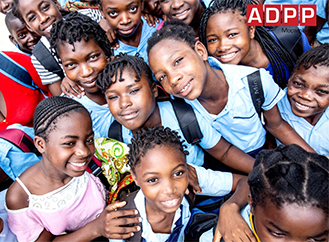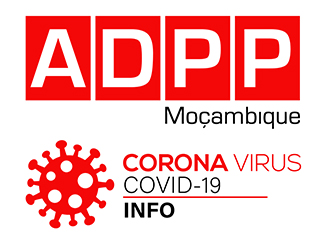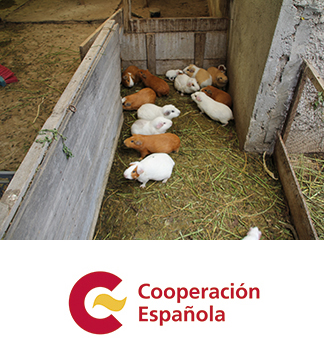consent_cookie
Duración: 1 year
Stores the user's cookie consent state
03-04-2020
Africa is preparing to see what the real effects of the pandemic are on the continent.
In favor of African countries, the fact of having great experience in combating other health crises, such as the one caused by the Ebola virus, plays. The average age of the population is very low, which suggests that it may be more resilient to the COVID-19 virus. Furthermore, there is still speculation that in areas with warmer climates, the spread slows down.
Against Africa there is a very weak healthcare system, with hardly any human and technical resources. In addition, multiple areas are already plagued by other pandemics, such as HIV, malaria and tuberculosis, which places part of the population in a vulnerable situation. Access to running water is limited for many communities, which is a handicap to guarantee hand hygiene, so necessary to fight against COVID-19 and other contagious diseases.
ADPP Mozambique and the preventive measures taken
In this complex context, Humana's partners in Africa continue to work to the best of their ability and taking into account the mobility restrictions in place. In the case of Mozambique, the number of cases remains relatively low. However, the effects of the pandemic are already being observed: job losses, rising food prices, and lack of access to water and sanitation.
ADPP Mozambique decided several days ago to take preventive measures, temporarily closing the schools it supports, relocating 2,000 students to facilitate social distancing, taking extreme precautions among the organization's team and among those involved in cooperation programs. ADPP has also created a committee involving doctors and other health personnel to support the communities. ADPP's work, whether through its management and sale of second-hand clothing activities or the cooperation programs it implements, involves around 3 million people.
ADPP has called on its partners, donors and supporters to support the most disadvantaged communities. In a country where more than 90% of the population lives from the informal economy, in households without access to clean water and in precarious conditions, it is time to work more united and united than ever.
As far as possible, diagnostic tests and treatments for HIV and other communicable diseases should not stop, to cushion the impact of the pandemic and not back down in the fight against these diseases. The economic impact of COVID-19 cannot harm the nutrition of children and young people in communities whose living conditions are already difficult. The fragile productive fabric generated around the used clothing trade should be protected whenever possible, to ensure a way of income for many families.
The DAPP Zimbabwe team, for its part, is developing an awareness campaign among the population of some of its emergency projects to raise awareness of the importance of adopting prevention measures, reinforcing hygiene and social distancing, thereby stopping the spread of COVID-19.
Ecuador, working alongside the communities
In Latin America the situation is also extremely serious. In Ecuador, the province of Guayas is experiencing critical days. Despite this, the will of our colleagues at Humana Pueblo a Pueblo is to continue working on those projects where possible. An example is the project ‘Increasing the production capacity of guinea pigs with a value chain approach of 250 indigenous farmers / women from Quisapincha, Tungurahua’, co-financed by AECID. Humana Ecuador staff have achieved a local government safe-conduct with which, despite the confinement, they can travel on time to continue distributing seeds to grow grass that later serves as food for guinea pigs. Always maintaining strict protection measures for workers and the population. Although the work team is confined, the beneficiaries are small producers who have family plots where they continue to work.
At the same time, it has carried out several awareness-raising campaigns via telephone among the population to help stop the spread of the virus.


